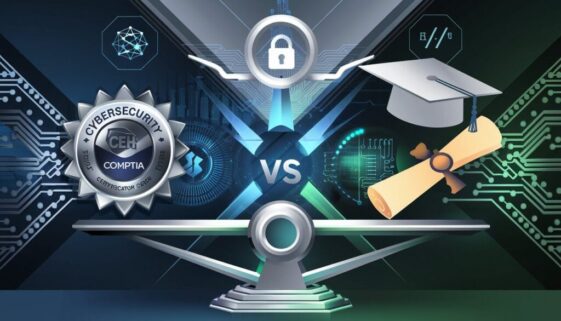
Certification
Advance your cybersecurity career with PenteScope’s certification insights. Explore expert guides, study resources, and tips to help you prepare for top certifications in penetration testing, ethical hacking, network security, and more. From CEH and CISSP to OSCP, our resources cover everything you need to succeed and stay competitive in the field of cybersecurity.




